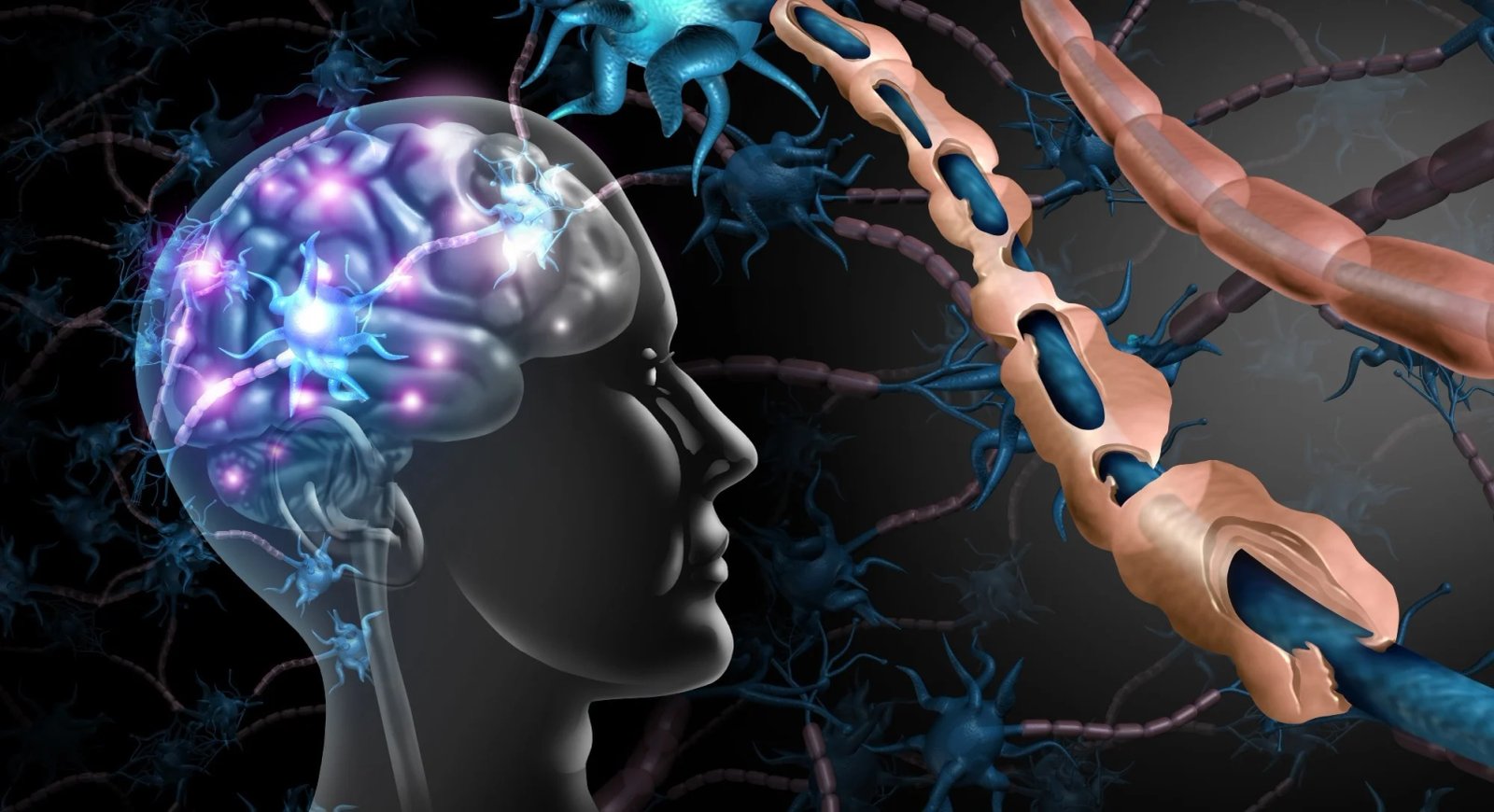Metabolon and Cardiff University Join Forces to Advance Multiple Sclerosis Research
13 March 2024 | Wednesday | News

Image Source : Public Domain
Metabolon, Inc., the global leader in providing metabolomics solutions advancing a wide variety of life science research, diagnostic, therapeutic development, and precision medicine applications, today announced a partnership with Cardiff University Centre for Neuropsychiatric Genetics and Genomics, a renowned institution at the forefront of biomedical research. This collaboration is poised to discover new biomarkers to accelerate advancements in the understanding and treatment of multiple sclerosis (MS).
MS is a neuroinflammatory disorder that affects the central nervous system, giving rise to a range of physical and neuropsychological challenges. Worldwide, more than 2.8 million people are living with the disease. Despite ongoing research, the precise causes of MS remain uncertain; however, it is widely accepted that a combination of genetic and environmental factors plays a role. This intricate interplay between genetic predisposition and environmental influences makes metabolomics an essential tool for studying how these factors contribute to and influence disease development.
For years, the Cardiff University Centre for Neuropsychiatric Genetics and Genomics has been following MS patients and developing cutting-edge tools for clinicians and researchers. This collaboration will focus on profiling plasma and cerebrospinal fluid (CSF) samples collected from patients with MS. The longitudinal aspect of this study enables the profiling of repeated samples from the same patient, facilitating the ability to define the temporal evolution of pathologies at the individual level, a critical aspect given the inherent heterogeneity of MS.
Additionally, this cohort includes patients with primary progressive MS, a rare form of MS characterized by continuous and progressive disease without periods of partial or complete recovery, and for which there are limited approved therapies. A subset of patients has also been genotyped, allowing for multi-omic integration to provide a holistic understanding of the molecular underpinnings of MS, potentially unlocking new avenues for therapeutic interventions.
"Predictive biomarkers are needed to inform more personalised care for people with multiple sclerosis. This collaboration will provide detailed metabolomic profiles on a large, longitudinal cohort for whom we already have other multi-dimensional data. This represents an exciting opportunity to improve predictive models and thereby aim for more accurate predictions of outcome for people with MS," said Dr Emma Tallantyre, a Clinical Reader at Cardiff University.
"Currently, there is no cure for MS, only disease-modifying therapies that can slow disease progression," said Dr Karl Bradshaw, Chief Business Officer at Metabolon. "By leveraging Cardiff's extensive research and our decades of expertise in generating the highest quality and most accurate metabolomics data on the market, we aim to redefine our understanding of multiple sclerosis to make a profound impact on the lives of those affected by this devastating disease."
Most Read
- How Does GLP-1 Work?
- Innovations In Magnetic Resonance Imaging Introduced By United Imaging
- Management of Relapsed/Refractory Multiple Myeloma
- 2025 Drug Approvals, Decoded: What Every Biopharma Leader Needs to Know
- BioPharma Manufacturing Resilience: Lessons From Capacity Expansion and Supply Chain Resets from 2025
- APAC Biopharma Review 2025: Innovation, Investment, and Influence on the Global Stage
- Top 25 Biotech Innovations Redefining Health And Planet In 2025
- The New AI Gold Rush: Western Pharma’s Billion-Dollar Bet on Chinese Biotech
- Single-Use Systems Are Rewiring Biopharma Manufacturing
- The State of Biotech and Life Science Jobs in Asia Pacific – 2025
- Asia-Pacific Leads the Charge: Latest Global BioSupplier Technologies of 2025
- Invisible Threats, Visible Risks: How the Nitrosamine Crisis Reshaped Asia’s Pharmaceutical Quality Landscape
Bio Jobs
- Sanofi Turns The Page As Belén Garijo Steps In And Paul Hudson Steps Out
- Global Survey Reveals Nearly 40% of Employees Facing Fertility Challenges Consider Leaving Their Jobs
- BioMed X and AbbVie Begin Global Search for Bold Neuroscience Talent To Decode the Biology of Anhedonia
- Thermo Fisher Expands Bengaluru R&D Centre to Advance Antibody Innovation and Strengthen India’s Life Sciences Ecosystem
- Accord Plasma (Intas Group) Acquires Prothya Biosolutions to Expand Global Plasma Capabilities
- ACG Announces $200 Million Investment to Establish First U.S. Capsule Manufacturing Facility in Atlanta
- AstraZeneca Invests $4.5 Billion to Build Advanced Manufacturing Facility in Virginia, Expanding U.S. Medicine Production
News











